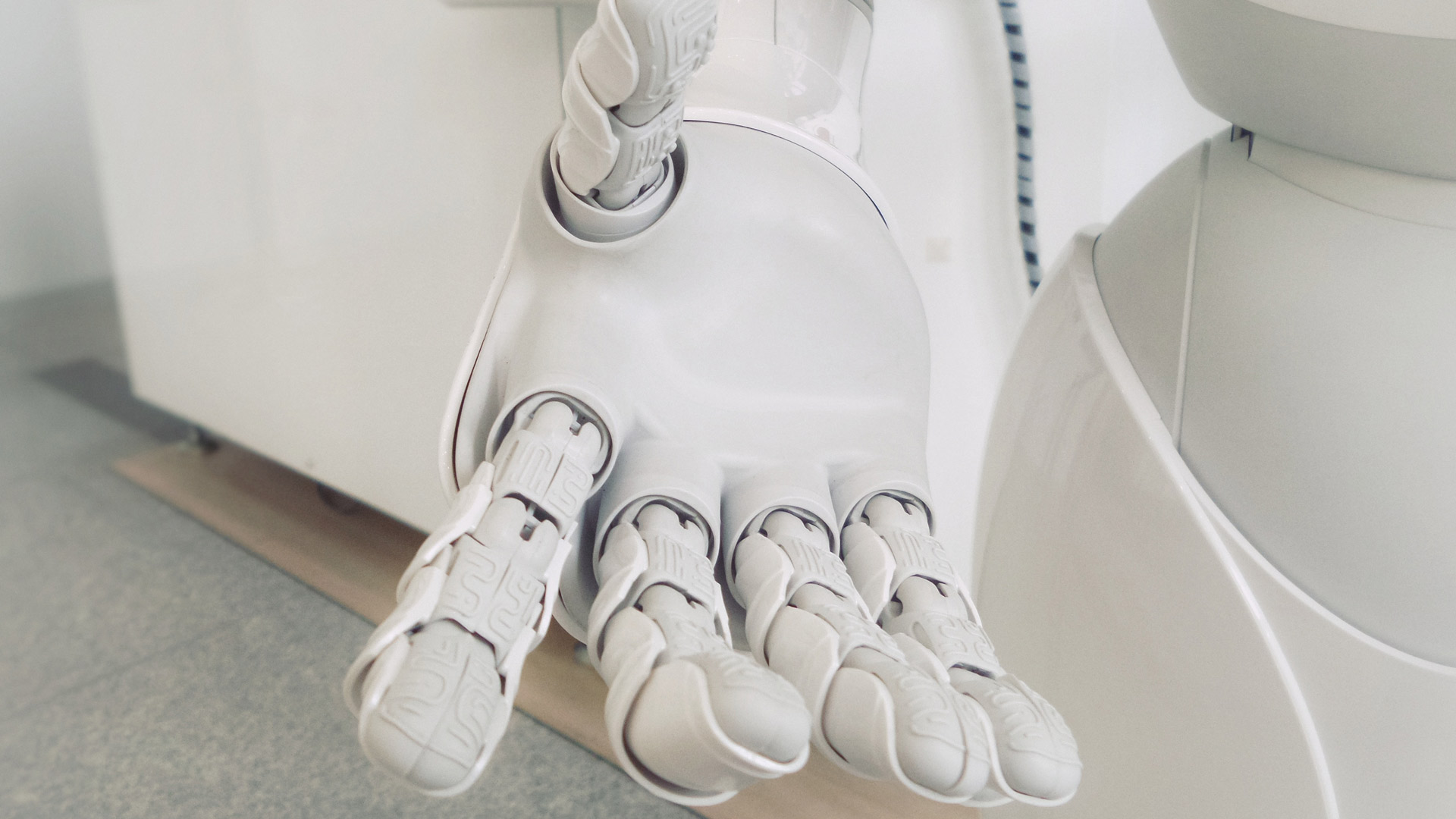
As technology evolves and becomes a part of more and more aspects of our daily living, one of the biggest advances has been the development and use of artificial intelligence, more commonly known as AI. Commonly used in products from Apple, Tesla, Amazon, and NetFlix, AI is changing the way people live today. Because of this, many engineers are now looking at AI as a way to take medical device manufacturing to the next level. In fact, well-known medical device manufacturers such as Medtronic are already in the process of implementing AI into various aspects of its manufacturing process.
According to industrial engineers within the medical device manufacturing industry, AI can be used in such aspects as quality control, supply-chain optimization, and predictive maintenance. By doing so, companies can thus create devices that can be more accurate, reliable, and capable of performing more and more tasks that will help patients in many ways, ultimately making the healthcare process much more efficient and effective.
To accomplish high levels of efficiency, AI will use a number of different methods. For example, by relying on machine learning, AI can gather and analyze large amounts of data in a short period of time. In doing so, it can use predictive algorithms to learn not only about various mistakes that occur in the manufacturing process, but how and why they occur. Once done, AI can then use the data to predict the probability of the mistakes happening again, letting engineers decide whether to continue making various changes or scrap the device altogether. If this is successful, it would allow engineers to devote more time to projects that will be more beneficial to a company and its patients.
However, while this sounds good to many people, others do express some concerns about the growing dependence upon AI technology. One of the biggest concerns some people have is the belief relying on AI in more production facilities could in fact take away jobs from humans already working there. But according to most industrial and AI experts, AI is not likely to eliminate jobs on production lines. Instead, it is more likely to enhance them, since it will be able to make the decision-making process much easier and efficient.
If all goes as planned, many medical device manufacturers believe AI can eventually make their devices not only much more efficient, but also much more affordable to patients. By making the decision-making and production process more efficient, companies should be able to save money on production costs, enabling them to pass on those savings to consumers. Along with this, manufacturers also believe AI could make it easier for companies to create custom-designed units for patients with highly-specialized needs, while still doing so at a lower cost.
Yet despite what appear to be numerous benefits in using the AI process to make manufacturing medical devices much more precise, efficient, and affordable, there is naturally some resistance to what some perceive to be significant changes to the typical manufacturing environment. Since there are no clear policies within the manufacturing industry regarding the use of AI, many companies are still hesitant to put so much trust in what they perceive as a relatively new form of technology.
However, as AI has shown by its use in cars and other aspects of society, it is a technology that appears to be easily adaptable to almost any type of industry. Because of this, AI engineers expect medical device manufacturers will ultimately begin to use AI on a regular basis to create state-of-the-art medical devices that will greatly improve patient care in the years ahead.
Learn more Medical Device News.
